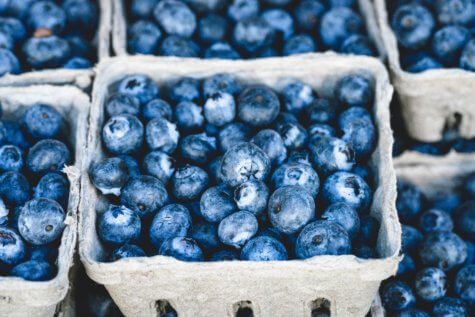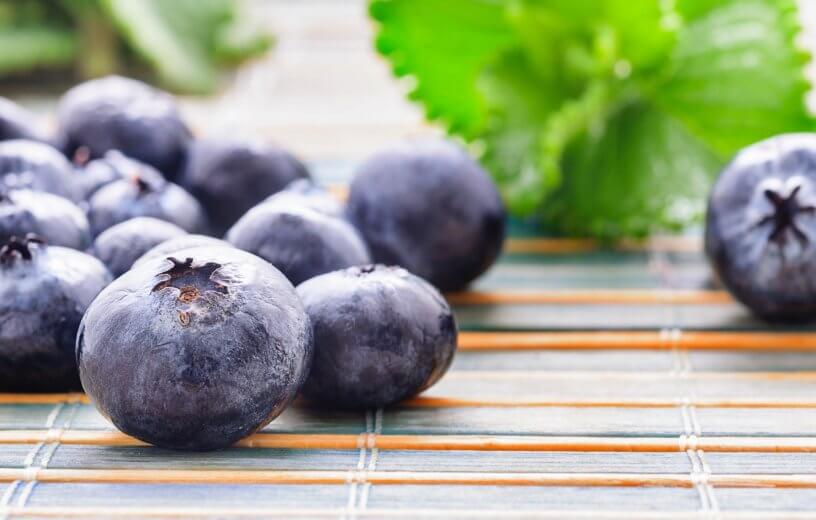LONDON — Concerned about your blood pressure? Head over to the produce section at your local grocery store for some relief. A new study finds that making blueberries a regular part of your diet can help lower blood pressure just as well as medication can.
Researchers from King’s College London say that consuming 200 grams of the fruit daily for a month may not only contributes to a decrease in systolic blood pressure, but can even aid in blood vessel function. They believe that anthocyanin, a compound that gives blueberries their color, are key to these health benefits.

For the study, the authors recruited 40 generally healthy adults who were assigned to drink either a beverage containing 200 grams of blueberries, or a control drink every day for one month. Participants had their blood pressure monitored as well as their flow-mediated dilation (FMD), which shows how much an artery widens as blood flow increases — a function linked to heart disease.
Researchers also compared data from another study that had adults drink a beverage containing purified anthocyanins, or control drinks with similar levels of either fiber, mineral or vitamins found in blueberries.
After a month, participants who drank the blueberry beverage saw their blood pressure drop by 5mmHg on average, which is comparable to the effects of common blood pressure medication. They also saw improvement in blood vessel function within just two hours of consuming the blueberry drinks.
Similarly, those who consumed the beverage with the purified anthocyanins saw improvement in endothelial function, a key factor in blood clotting and blood pressure regulation. Those effects were not seen in individuals who consumed the control drinks. They speculate that the anthocyanins in the blueberries are behind the impressive results seen in those who drank the blueberry beverage.
“Although it is best to eat the whole blueberry to get the full benefit, our study finds that the majority of the effects can be explained by anthocyanins,” says lead researcher Dr. Ana Rodriguez-Mateos in a university release. “If the changes we saw in blood vessel function after eating blueberries every day could be sustained for a person’s whole life, it could reduce their risk of developing cardiovascular disease by up to 20%.”
The study was published in the Journal of Gerontology Series A.
